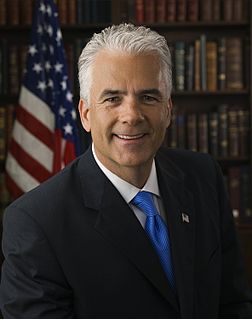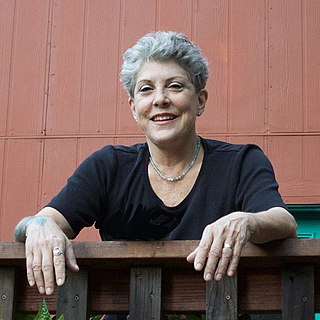A Quote by William Blake
A dog starv'd at the master's gate
Predicts the ruin of the State.
A horse misus'd upon the road
Calls to heaven for human blood.
Each outcry of the hunted hare
A fibre from the brain does tear,
A skylark wounded on the wing,
A cherubim does cease to sing.
Related Quotes
The brain is the most complicated organ in the universe. We have learned a lot about other human organs. We know how the heart pumps and how the kidney does what it does. To a certain degree, we have read the letters of the human genome. But the brain has 100 billion neurons. Each one of those has about 10,000 connections.
Some would define a servant like this: 'A servant is one who finds out what his master wants him to do, and then he does it.' The human concept of a servant is that a servant goes to the master and says, 'Master, what do you want me to do?' The master tells him, and the servant goes off BY HIMSELF and does it. That is not the biblical concept of a servant of God. Being a servant of God is different from being a servant of a human master. A servant of a human master works FOR his master. God, however, works THROUGH His servants.
It is always advisable to obtain a mantra from a self-realized master. Until then we may use one of the mantras of our beloved deity like 'Om Namah Shivaya', 'Om Namo Bhagavate Vasudevaya', 'Om Namo Narayanaya', 'Hare Rama Hare Rama, Rama Rama Hare Hare, Hare Krishna Hare Krishna, Krishna Krishna Hare Hare', 'Om Shivashaktyaikya Rupinyai Namaha' or even the names of Christ, Allah or Buddha.
If idioms are more to be born than to be selected, then the things of life and human nature that a man has grown up with--(not that one man's experience is better than another's, but that it is 'his.')--may give him something better in his substance and manner than an over-long period of superimposed idiomatic education which quite likely doesn't fit his constitution. My father used to say, 'If a poet knows more about a horse than he does about heaven, he might better stick to the horse, and some day the horse may carry him into heaven'




































